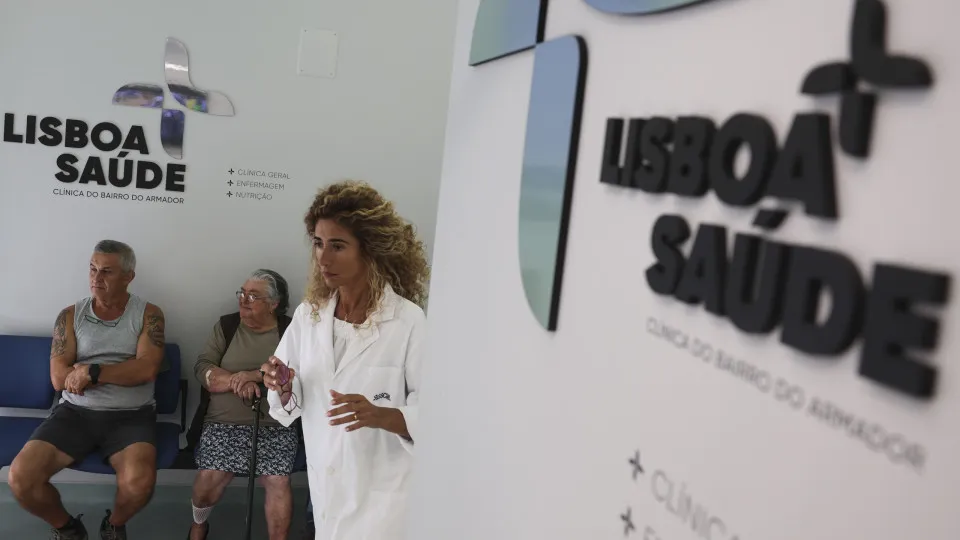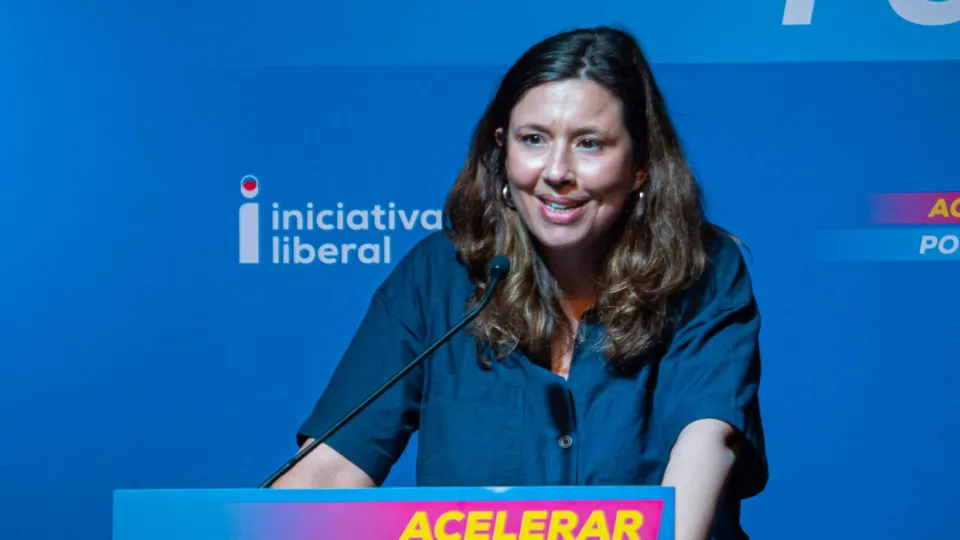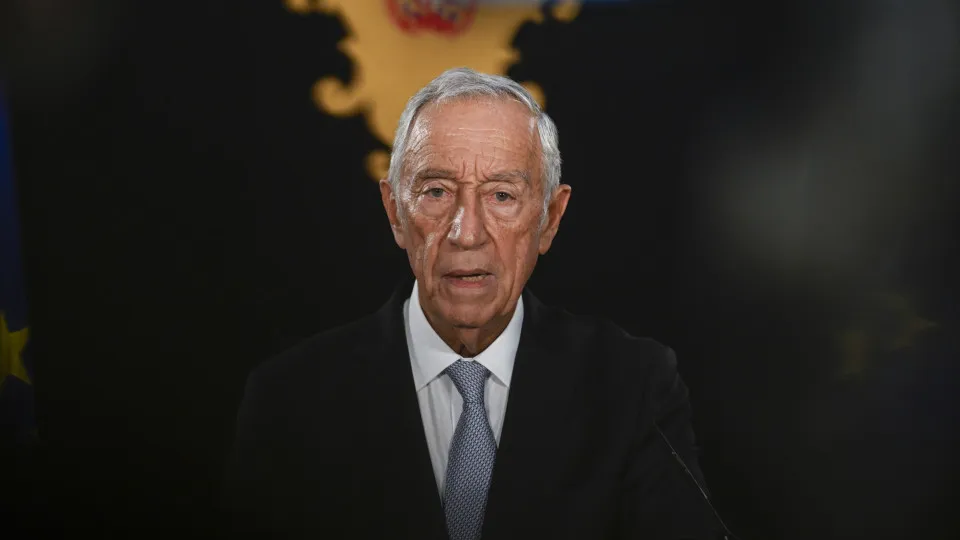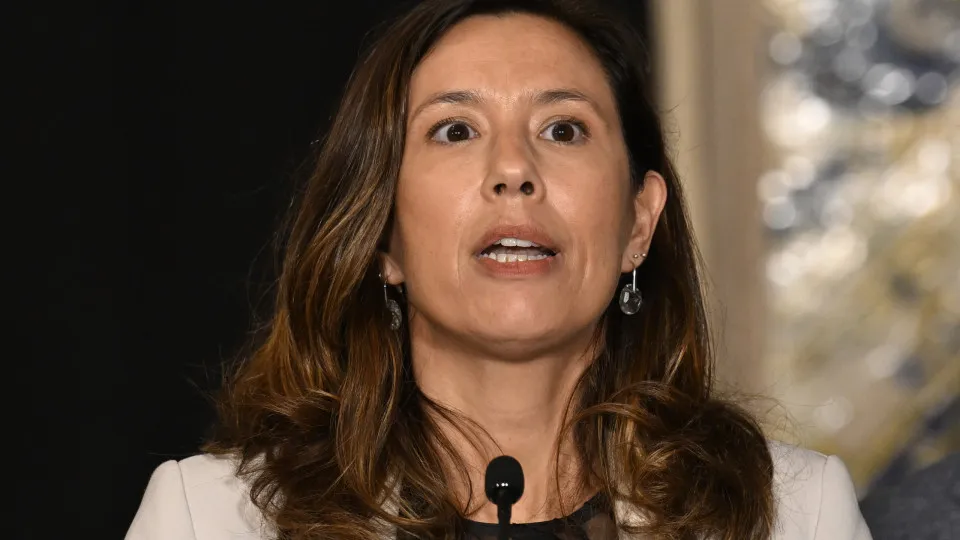
“The decree-law transferring health responsibilities from the Central State to municipalities is very restrictive for local authorities. It places them in charge of fleets, gardens, elevators, and building conditions, but lacks the essence, which is the management of health personnel,” stated Rui Julião.
Responsible for the two proximity clinics opened in Lisbon, part of a municipal project involving social services and the municipal company Gebalis, Julião asserts that the goal “is not to create mini-national health services.”
“It is actually to provide some flexibility for improvements, both in terms of schedule and in the selection of health professionals,” he added.
Speaking to Lusa, he expressed concern that, despite proximity clinics being able to address 90% of the issues, people still burden the National Health Service, which has significant access difficulties, especially for those without a family doctor.
“I’ve always been a supporter of the municipalization of health, as I believe municipalities act as an intermediary level before resorting to central hospitals,” he argued.
When asked about the government’s planned expansion of model C Family Health Units, managed by private or social sectors, in areas with low coverage of general and family medicine specialists, he argued that it would be better to opt for “pilot projects” with municipalities.
“Model C involves recruiting health professionals who have not been linked to the National Health Service in the past three years, whether doctors or nurses, and providing a family doctor to those without,” he explained, emphasizing that involving municipalities would benefit everyone.
Using the example of the proximity clinic in Alta de Lisboa, where over 50% of the population lacks a family doctor, he claimed, “it reduces the strain on emergency services and improves people’s quality of life. And this is our main goal.”
Addressing the conditions necessary for this to happen and the persistent lack of human resources in the NHS, he stated: “Contrary to what is often heard, that doctors and nurses are always chasing money, it is not true.”
“It’s simply not true. Health professionals are fundamentally interested in a project. Following the project, the conditions for its development are important, and finally, the salary,” he added.
He acknowledged that there are doctors willing to join this health unit largely because of the proximity clinic project, emphasizing: “One of them works in the private sector.”
“If we are going to adopt a new model, which is the new model C, I again state my support for pilot projects with municipalities. Let’s select them before opening it up to all private sectors,” he argued.
He stressed, however, the importance in these cases of selecting individuals with health management experience: “They must be knowledgeable and experienced in the health sector.”




